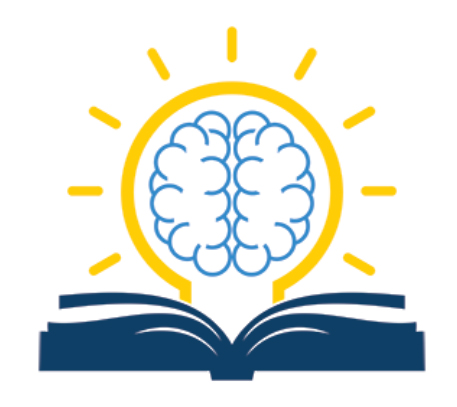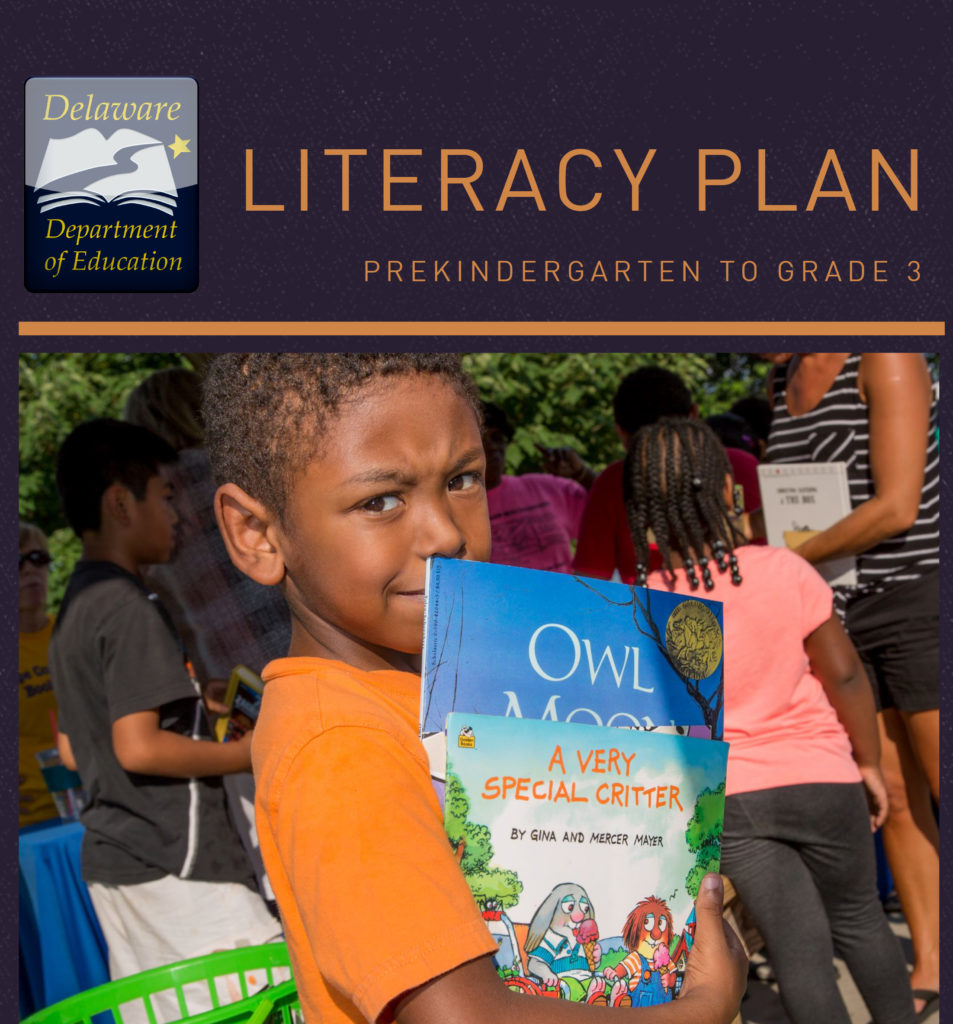The Science Behind Reading

Reading is the foundation of all schooling, as reading proficiency affects students in all subject areas each step of their academic career and well into their adult lives. Teaching students how to read, however, is complex, and has been a hot topic of debate in the education community for generations. While most agree that reading is essential, stakeholders have not always agreed on how exactly to teach students how to read. The result? Not all instructional literacy practices and methodology are rooted in the decades of research on reading, known as the science of reading.
Why is this a problem?
Research shows that students who struggle with literacy have difficulty catching up as they advance in their educational career. Three quarters of students who are poor readers in third grade remain poor readers in high school. Low literacy skills can affect students’ success outside of the classroom, as reading proficiency is a fundamental skill for the workforce and life.
National and state student proficiency in reading has remained relatively stagnant at low rates. A large number of students in elementary school (a pivotal time for learning how to read) cannot read at grade level and the gaps in reading proficiency among subgroups continue to persist at high levels nationwide.
Similar trends exist in Delaware. Only 36 percent of Delaware’s fourth grade students scored proficient or advanced on the reading portion of the National Assessment of Educational Progress (NAEP) in 2019, the only national standardized assessment of students. When looking at Delaware’s standardized assessment, the Smarter Balanced Assessment, only 51 percent of third graders score at or above grade level in English Language Arts, with gaps in achievement among racial and socioeconomic subgroups.
How did we get here?
For centuries, reading instruction was primarily based on “phonics” or the relationship between sounds and written letters. Opposition to phonics instruction grew into what is known as the “whole language” movement, which argued instruction should be based on whole words, rather than letters.
Despite emerging research on the science of reading in the mid-1900s, the debate continued, and by the 1980s the debate became widely known in education as “the reading wars.” In the early 1990s, states and schools began adopting the “whole language” method, removing phonics instruction from classrooms. By the late 1990s and early 2000s however, more research had been done on the science of reading and Congress convened a National Reading Panel to evaluate the research.
The findings of the panel showed that teaching children the relationship between letters and sounds improved reading achievement, therefore proving that phonics is essential for reading instruction. In the aftermath of the panel’s report, whole language repackaged as “balanced literacy” or what is commonly known as a mix of phonics and whole language (but some say it isn’t so clear).
Since the National Reading Panel report two decades ago, a significant amount of research has continued to come out in support of the science of reading. It’s difficult to pin a concrete definition on the science of reading. It mainly refers to the canonical body of science-backed research that explains how the human mind acquires reading skills. It combines research from many fields, including cognitive psychology, linguistics, neuroscience, and more. The research suggests there are essential skills students need to become good readers, including: phonemic awareness, phonics, vocabulary, fluency, and comprehension.
Even with the overwhelming amount of research supporting the science of reading from the past two decades and before, teacher preparation programs, curricula, professional development, certification, and other areas of education that influence classroom practices and instruction have been slow to include scientifically based reading instruction (if included at all). Without scientifically proven literacy instruction in these key components of educator preparation and development, it’s difficult for the literacy practices and instruction rooted in science to make its way to classrooms. It’s also difficult then for educators to use this research if they have not been taught or exposed to it in their preparation and/or professional development.
What’s being done about it?
Many efforts to address this issue have been in the teacher prep arena to ensure programs base their curriculum on the science of reading. The National Council on Teacher Quality (NCTQ) reports that as of 2020, over half of traditional elementary programs teach scientifically based reading instruction to pre-service teachers.[1] This is an increase since 2013 when only 35 percent of programs taught the science of reading to pre-service teachers.
More recently, the Barksdale Reading Institute launched Path Forward, an initiative to help teacher preparation programs embed the science of reading in their curriculum. Six states make up the initiative’s inaugural group and will work together (with coaches) to share strategies on how to embed scientifically based reading instruction in their curriculum and hold programs accountable for literacy outcomes.
Many states have begun to include scientifically based reading instruction in the teacher certification process, specifically for elementary school certification. In 2015, 14 states required some form of a reading instruction assessment for teacher certification. This included state-developed exams, a Foundations of Reading test, or a Praxis exam specific to teaching reading. Since then, some states have updated their requirements to include different or more reading-specific exams.
States like Ohio, Arkansas, and Connecticut require pre-service teachers seeking certification to pass a Foundations of Reading assessment – an exam rooted in the principles of the science of reading. Other states, like Maryland, West Virginia, and Alabama require aspiring teachers to take the Praxis Teaching Reading: Elementary Education exam during the certification process. The bulk of the Praxis assessment is focused on the five core skills of reading development, but includes other skills.
What about Delaware?
Similar to other states, Delaware has made progress. Teacher preparation programs at colleges across the state have implemented scientifically based reading instruction into their curriculum. NCTQ has specifically pointed to Delaware as a state that’s on the right track in this area. Delaware mandates that research and evidence-based instructional practices and components of literacy (like phonemic awareness, phonics, and vocabulary) exist in teacher preparation program curriculum, but the mandate remains general and does not specify other parameters for literacy instruction.
Delaware still has no pre-service certification exam focused on the science of reading. Current exams for teacher certification required in Delaware are too broad to accurately assess a pre-service teaching candidate’s understanding of the science of reading. Additionally, there is no state certificate offered to pre-service, early career, or experienced teachers on the science of reading.
In 2019, the Delaware Department of Education released a literacy plan that centers around four core strategic intents: standards-aligned instruction, using high-quality instructional materials, enhancing early literacy instruction, and supporting educators in their teacher preparation. The plan highlights the core components of literacy instruction, specifically in the early grades, and the need to ensure preservice teachers are aware of and trained in these components, but remains programmatic in nature. The plan provides a framework to address Delaware’s literacy challenges, but it does not address the underlying policies that could help the state make additional progress.
View the recording from the Senate Education Committee: The Science of Reading discussion from March 22, 2021
[1] The National Council on Teacher Quality typically bases their findings on a review of course and program syllabi and program websites. Some teacher preparation programs argue their methodology for evaluating programs is not comprehensive.
Related Topics: Delaware, Delaware education, delaware schools, literacy, science of reading

